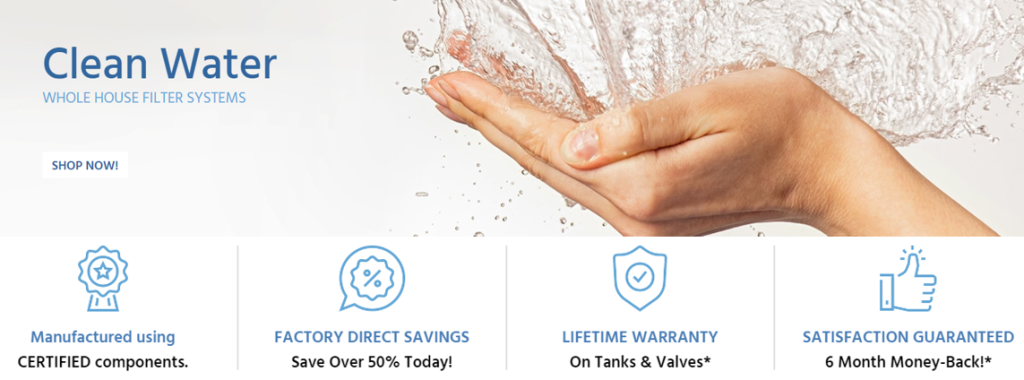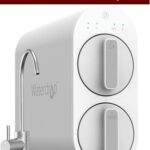Hard water causes kidney stones because the calcium in the water builds up in the kidney and forms stones.
There are many ways that hard water can cause kidney stones. One way is by increasing the amount of calcium in the urine. This can lead to the formation of kidney stones. Hard water can also increase the risk of infection, which can lead to kidney stones.
How Does Hard Water Cause Kidney Stones?
Hard water can cause kidney stones because it can lead to a build-up of calcium in the body, which can then form stones in the kidney.

Kidney stones are one of the most common disorders of the urinary tract. They occur when minerals in the urine become concentrated and form crystals. Kidney stones can be very painful and can lead to serious health problems if not treated.
Install a Home Water Filter & Get "Unlimited Safe Drinking Water" For Decades
Get Upto 55% Discount With a Lifetime Warranty & 6-Months Money Back Guarantee Free Shipping
SpringWell Water Filtration Systems: 100% American-Made & NSF Certified Water Filters and Water Softeners
Hard water is water that contains high levels of minerals, such as calcium and magnesium. These minerals can build up in the body and lead to the formation of kidney stones. Hard water is a common problem in many parts of the world, and it is a major factor in the development of kidney stones.
There are several ways to treat kidney stones, but the most effective way to prevent them is to drink plenty of fluids and to avoid foods that are high in calcium and magnesium. If you live in an area with hard water, you should use a water filter to remove the minerals from your water.
Why Is Hard Water A Risk Factor For Kidney Stones?
Hard water is a risk factor for kidney stones because it contains high levels of calcium.
Kidney stones are a common problem, affecting up to 12% of people at some point in their lives. Hard water is a risk factor for kidney stones because it contains high levels of minerals, such as calcium and magnesium. These minerals can build up in the kidney and form stones.
There are a few ways to reduce your risk of kidney stones if you live in an area with hard water. You can drink plenty of fluids, especially water, to flush out the minerals. You can also eat a healthy diet that includes plenty of fruits and vegetables. And, if you have a history of kidney stones, you may want to talk to your doctor about taking a calcium supplement.
FAQ
How Can I Prevent Kidney Stones If I Have Hard Water?
What Are The Symptoms Of Kidney Stones Caused By Hard Water?
If you still have questions about how hard water can cause kidney stones, please leave a comment below.


